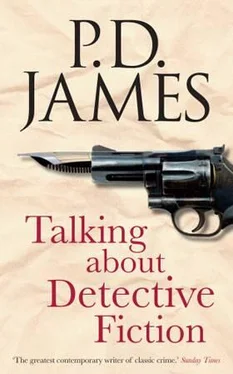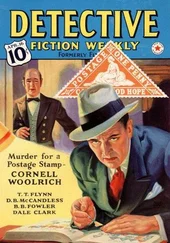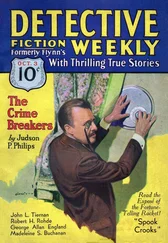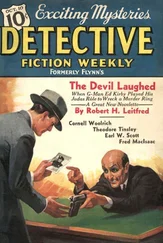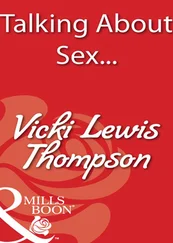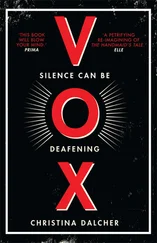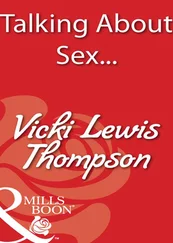7. Critics and Aficionados: Why Some Don’t Enjoy Them and Why Others Do
In a perfect world there will be no need for detective stories: but then there will be nothing to detect. Their disappearance at this moment, however, will not bring the world any nearer to perfection. The high-minded would say that the removal of this form of relaxation would free the energies of the literate for the contemplation of real mysteries and the overcoming of real evils. I see no reason to count on that.
Erik Routley, “The Case against the Detective Story”
DESPITE PROGNOSTICATIONS that the detective story, particularly in its classical form, is already outworn and doomed to die, it remains obstinately alive, and it is perhaps not surprising that during the decades since the Golden Age those critics not susceptible to its attractions have been vocal in their disparagement, complaining that the educated readers to whom detective fiction appeals-they include some illustrious names-should know better. Some of this aversion has been from readers who dislike detective fiction as others might dislike science fiction, romantic novels or stories in which the protagonist is a child. The field of fiction is rich and remarkably wide and we all have our favourite pastures.
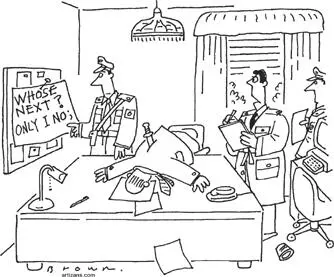
“This is criminal-two wrong spellings and improper use of a semicolon.”
One critic who was impervious to the charms of the genre was Edmund Wilson, who in 1945 published an influential essay entitled “Who Cares Who Killed Roger Ackroyd?” As Mr. Wilson had constantly been exposed to animated discussions on the merits of mystery writers, he enquired of aficionados what author they recommended him to try, and set out conscientiously to justify or modify his prejudice. His correspondents were almost unanimous in recommending Dorothy L. Sayers and placing her novel The Nine Tailors at the top of their reading list. After skipping what he described as “conversations between conventional English village characters,” “boring information on campanology” and “the awful whim sical patter of Lord Peter,” he reached the conclusion that The Nine Tailors was one of the dullest books he had encountered in any field. No doubt, thus filleted, it was.
Mr. Wilson and others of his ilk are certainly entitled to their preferences, and no efforts on the part of their friends are likely to change their minds. And much criticism still relates primarily to the Golden Age: the old argument that the story dominates over any interest in characterisation or setting and is frequently unconvincing; that the basic morality of the genre is strongly right-wing, upholding the right of the privileged against the dispossessed, in which working-class characters are little better than caricatures; and that detective fiction, so far from showing compassion to either victim or murderer, glories in a crude form of communal vengeance. In general these criticisms are so inappropriate to the majority of detective stories being written today that there is little point in refuting them. But a more interesting criticism made during the thirties still echoes in the minds of twenty-first-century critics. Its chief proponent was an influential American critic, Professor Jacques Barzun, who enjoyed detective stories but only those which, like the books of Agatha Christie, confined themselves to the pure puzzle. For him and those who agreed with him, the conventional mystery which relied on logical deduction, and in which the characters solved the plots from observed facts, had an intellectual and literary integrity which was lost if writers attempted to wade through the murky pools of abnormal psychology or to probe the psychological basis of their characters’ actions and personalities. In short, these critics feared that the detective story might be getting above itself.
Somewhat surprisingly, Dorothy L. Sayers, who in Gaudy Night made theme and characterisation dominant over the plot, went some way to justify this view in her essay “Aristotle on Detective Fiction,” published in 1946, taking the great philosopher as her authority.
One may string together a series of characteristic speeches of the utmost finish as regards diction and thought, and yet fail to produce the true dramatic effect; but one will have much better success with a story which, however inferior in these respects, has a plot… The first essential, the life and soul so to speak of the detective story, is the plot and the characters come second.
Very few detective novelists would hold this view today, or hold it so uncompromisingly. Their aim-and it is mine-is to write a good novel with the virtues those words imply, a novel which is at the same time a credible and satisfying mystery. This means that there must be a creative and reconciling correlation between plot, characterisation, setting and theme, and so far from the plot being dominant, it should arise naturally from the characters and the place.
Another ethical criticism of the detective story is that it has at its heart an appalling crime and the suffering of innocent people, and uses them to provide popular entertainment. In Sayers’s novel Gaudy Night , Miss Barton, one of the Shrewsbury College tutors, challenges Harriet Vane about the morality of the books she writes. Surely the sufferings of innocent suspects ought to be taken seriously? To this Harriet replies that she does indeed take them seriously in real life, as must everyone. But was Miss Barton saying that anyone who had tragic experience of sex, for example, should never write an artificial drawing-room comedy? Although there was no comic side to murder, there could be a purely intellectual side to the detection. I myself would argue that it is possible to deal with the intellectual side of the detection while portraying with compassion and realism the emotional trauma of all the characters touched by this ultimate crime, whether as suspect, innocent bystander or indeed the perpetrator. In an Agatha Christie novel the crime is solved, the murderer arrested or dead, and the village returned to its customary calm and order. This does not happen in real life. Murder is a contaminating crime and no life which comes into close touch with it remains unaltered. The detective story is the novel of reason and justice, but it can affirm only the fallible justice of human beings, and the truth it celebrates can never be the whole truth any more than it is in a court of law.
The rarely heard objection to the detective novel that it might provide a real-life murderer with an idea or even a pattern for his crime surely need not be taken seriously. It has-although I think seldom-been used as a defence in real life, but hardly a valid or successful one. Apart from the fact that fictional murder is usually both more complicated and ingenious than murder in real life, it hardly provides a reliable model since the murderer is always found out. But the suggestion that detective fiction might influence those tempted to murder does raise a more interesting philosophical and moral question. Does every novelist have a moral responsibility for the possible effect of what he writes, and if so, what is this morality from which his responsibility derives? Are we not implying that there is an immutable value system, an accepted view of the universe, of our place in it, and a recognised standard of morality to which all right-minded people conform? Even if this were true-and, in our increasingly fragmented society, manifestly it is not-is it the business of the creative artist in any medium to express or promote it? And does it matter? I know that there are events about which I would find it repugnant to write, for example, the torture of a child. But how far any writer, even of popular fiction, has a duty to do more than the best of which he is capable within the law, is a question which is likely to concern more than detective novelists increasingly in our secular and morally confused age.
Читать дальше
